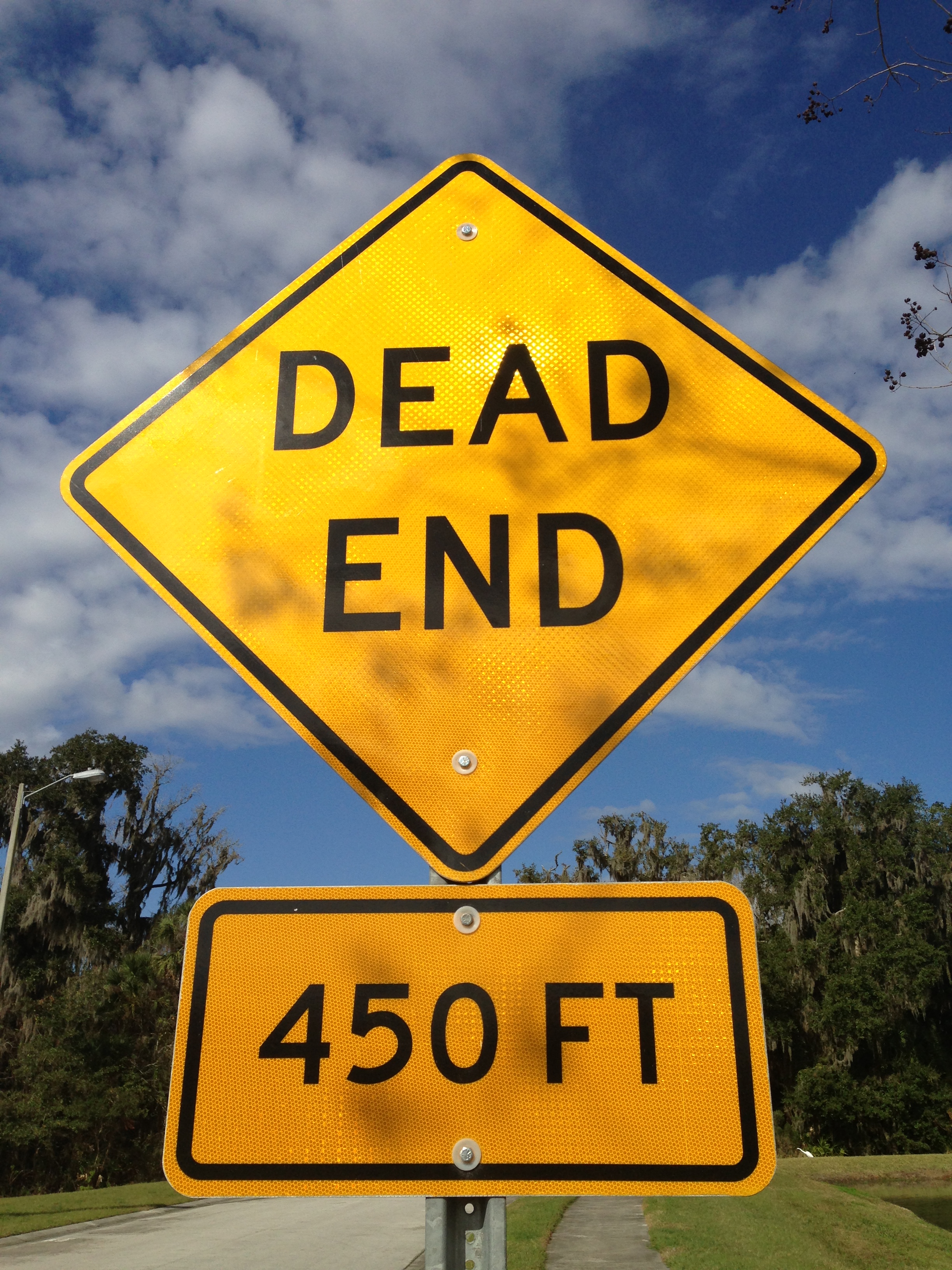Weird, Wild Stuff: Nine Proposed Appellate Rule Changes You May Want to Weigh In On
The Appellate Court Rules Committee published its Notice of its proposed rule amendments in this month’s The Florida Bar News. They are proposing a number of changes to no less than 32 different appellate rules. You can read all of them here.
Here’s what we think about some of these proposals…
We had gut reactions to a few of these, and thought we’d share some of the more interesting ones with you.

If you have any comments on these proposed rule amendments, get them in before August 1, 2019!
- Amending rule 9.045 to require all appellate documents to be filed in “Arial 14-point or Bookman Old Style 14-point font.”
- Bookman? Where did Bookman come from? Our stuck-in-our-ways reaction is “what’s wrong with Times New Roman?” Well, a quick Google search shows that many consider Bookman a superior font. But those same searches name a number of fonts that are an improvement upon Times New Roman (like Garamond, this author’s personal fave outside of the courts). And also, other studies suggest there’s a difference in readability between serif and non-serif fonts. So why keep both a serif and a non-serif font rather than just mandate the use of the single best font?
- We’re curious to see what the ACRC was looking at when they settled on Bookman–and that will be a super-nerdy conversation that we won’t bore you with here, but feel free to give us a call if you’re curious!
- Amending rule 9.145 to eliminate the requirement that transcripts in juvenile delinquency cases use only a child’s initials, to avoid confusion.
- Will transcripts in the record be filed under seal, or redacted in some way, to maintain protection for the child? Is there a corresponding amendment to Florida Rule of Judicial Administration 2.420 (minimizing the filing of sensitive information) to ensure this privacy?
- Amending rule 9.170 to clarify that orders denying entitlement to attorneys’ fees and costs are appealable in probate and guardianship cases.
- Before, the rule suggested only orders awarding fees were appealable. This is obviously an important clarification if you practice these types of appeals.
- Amending rule 9.225 to allow argument in a notice of supplemental authority.
- Whoa. We see this being used as a tool for parties to effectively file supplemental briefs. We can also see this being abused for that purpose unless the rule is also amended to limit what can be filed as supplemental authority. Many judges have personally indicated they do not like notices of supplemental authority that identify old cases, but the rule does not say that explicitly. A party could potentially go find any relevant case and use it to rectify errors or omissions in its briefs. Perhaps the new amendment should be accompanied by an amendment limiting notices of supplemental authority to authorities that are created after the date of the last brief of the party that files it.
- Amending rule 9.300 to do away with the required separate request to toll time in the Florida Supreme Court.
- Good riddance. This requirement had no useful purpose. It only served to increase attorney labor (and thus client costs), reduce judicial economy, and serve as a procedural trap for the unwary.
- Creates Rule 9.332, providing a procedure for en banc proceedings in circuit court.
- I’ve not ever had a matter that required such proceedings, but this amendment having been brought to our attention, it seems a really good idea. We cannot see how the current rule 9.331 could ever be properly applied in a circuit court. Our thoughts are with the unfortunate souls that have had to figure out how to use rule 9.331 in the circuit court to-date.
- Amending rule 9.370 to create word limitations (instead of page limitations) on briefs.
- This follows the federal practice. We will take word limits over page limits in a heartbeat.
- Amending rule 9.440 to create limited appearances for appellate proceedings.
- This may be in response to the Fifth District’s Administrative Order AO5D15-01, Re: Continuances of Oral Argument. Therein, the Fifth District effectively states that every attorney that appears on a brief, and every attorney in the firm of an attorney that appears on a brief, can be held responsible to appear for oral argument. If you haven’t read that order and you ever appear on cases in the Fifth District, well, just go read the order.
- Amending Rule 9.800 to further permit citation to online resources and to eliminate required citation to Florida Law Weekly.
- Honestly, most Florida appellate courts have been more than forgiving about missing FLW citations for many years now–a logical shift and perhaps tacit recognition that there’s no longer a reason for an FLW cite. Judicial opinions can be accessed online from any number of free sources, and FLW is (a) a cost-based service (b) not available to everyone, and (c) not the most elegant of interfaces to use (online or in print). This is a worthwhile amendment that reflects the changing times.
More amendments? YES!
These proposed amendments follow the extensive amendments that went into effect on January 1, 2019, which we’ve covered extensively. See, e.g., Almost Every Florida Appellate Rule Changes on New Years’ Day 2019; Now You Can Appeal Two More Types of Nonfinal Orders. If you haven’t checked those amendments out, make sure you do!
What do you think? Let us know, and let the ACRC know!
So what do you think of these proposed amendments? Agree/Disagree? Are there any others you would want us to address? Let us know. And even more importantly, send any comments to Thomas D. Hall, Incoming Chair of the Appellate Court Rules Committee, at thall@bishopmills.com, and to Bar attorney liaison, Hether Telfer, at htelfer@floridabar.org.




Leave a Reply
Want to join the discussion?Feel free to contribute!